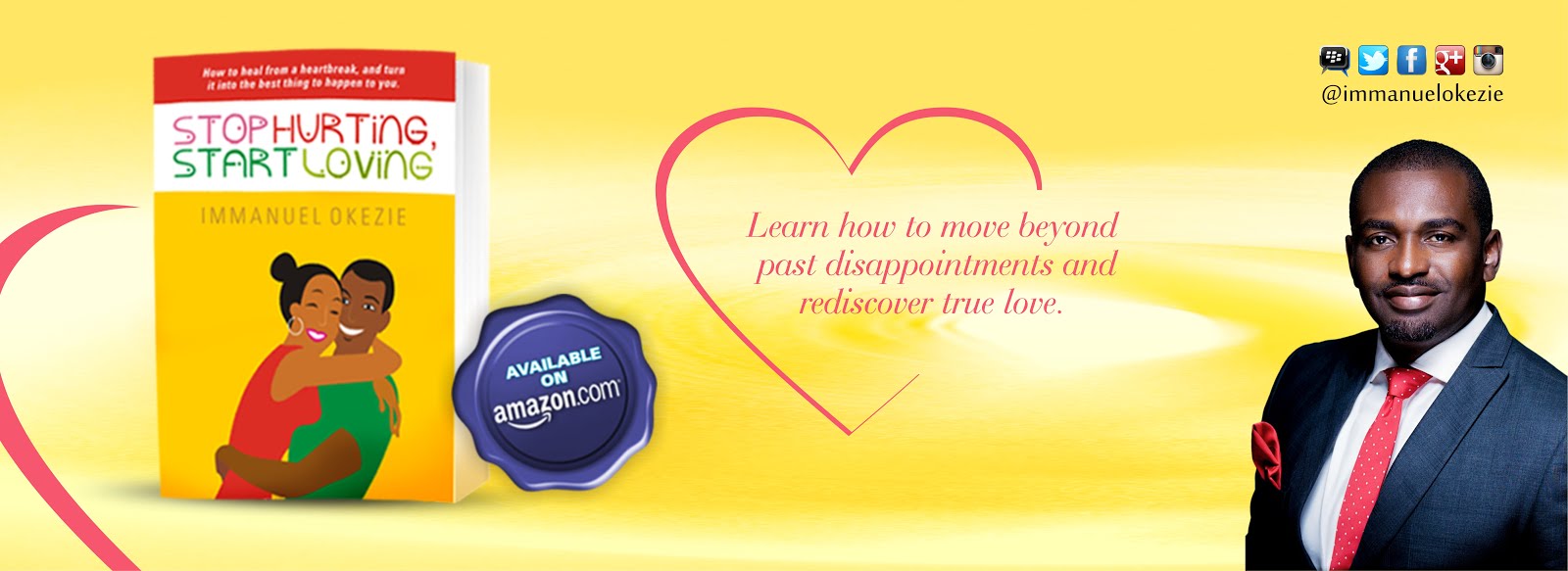Esther’s Chat with Igwe Chijiokem, A Fluency Therapist
Esther/ED: Tell us about Fluency
Therapy.
Chijiokem/Fluency Therapist: Fluency
Therapy is not a term a lot of people use. Fluency
means been able to speak with ease, to speak effectively and to speak without
distortions in certain ways. Fluency also
means been able to pronounce words correctly and been able to articulate in the
right ways.
Also, fluency entails appropriate phrase combinations. For
example, certain people use “as in” a lot when they talk. They use it both in the right and wrong
context.
I’ve had to coin out the word ‘Fluency Therapy’ to emphasize
what it is I do. Though I believe the word
is out there especially probably used by linguists.
Starting out as a diction tutor, fluency was something I was
more particular about than helping people get an accent. I discovered that Nigerians have an issue
with being fluent.
Fluency is been able to pronounce words or communicate in ways
people can understand you. Therapy came
in as a result of my experiences in the field. I work with children and adults as well. I noticed some people have problems with the
way they speak. Some people stutter, and some have cluttering issues. Cluttering means they use a particular sound
for another one. For example some people
go ‘aks’ (axe) instead of ‘ask’.
There are also people with articulation impairment issues. You would have noticed certain people who don’t
articulate properly but speak well. The
problem is not just with their tongues but their entire speech organ. These observations and working in the field - my
former organization, working with schools, and working with children- have helped
me to understand how to help people. Research
and training have helped me a lot too.
Fluency therapy is helping people to overcome fluency issues
like stuttering, articulation impairment, cluttering and issues like (what we
call) ‘the h factor’. Please note that ‘the
h factor’ is not only a Yoruba issue. I
have heard some people from the South – South and some Igbos give ‘the
h factor’.
I’ve been able to work with people as a therapist, helping them
improve in fluency and helping them communicate effectively.
Esther/ED: What’s the
Fluency Therapy process like? How long does it take?
Chijiokem/Fluency Therapist: The process is a serious one. It highly depends on the
individual because some people get impatient in the process. It takes at least 2-3Months and if it’s a
serious case, it could take from 6-months to a year. But we could come up with
a flexible schedule depending on the availability of the student.
Esther/ED: Do you work with chronic stammerers?
Chijiokem/Fluency Therapist: Yes I do. Last year, I worked with a boy who had serious
stuttering issues for the space of 6-8months. I stopped with him because he had improved significantly. When my work was done, for the first time in
his life, he read without stuttering. That was phenomenal for him and for me it
was elating. Anytime I reach this point in
my trainings and therapy, it gives me the sense of joy.
Esther/ED: Could you explain to someone reading now
why he/she needs to be fluent.
It is not compulsory you speak with a foreign accent but it’s
important you speak properly. You might
need to communicate with a group of people who would assess you based on how
fluent you are when you communicate. At this point, you don’t want to sound
awkward. You would need to come across as someone who is fluent.
Therefore, number one reason is the need for you to sell
yourself as someone who communicates fluently. And number two, for people to
understand what you are saying.
Esther/ED: What is it that really ruins our
communication ability?
Chijiokem/ Fluency
Therapist: First and
foremost, I will come from the angle of the basic units of language, which is sound
or phonics. Because of the language
structure of our mother tongue, sometimes when we want to pronounce certain
words in English, the basic units of sound within our mother tongue tend to
influence our interpretation of the sounds in the English Language.
The fact that people don’t expose themselves to the English
language as they should affects that. Also,
the fact that people sometimes can be lazy to practice what they hear or know
is a factor.
These are the basics things that affect the way we
communicate and how it influences our non-fluent way of communicating.
IGWE CHIJIOKEM
Starting out in late 2007 as a Diction Consultant for Regal
Accent International, in Lagos, Nigeria, he was reputed to have finished as
‘Outstanding Trainee- Staff’ in Regal Accent’s Diction Training Programme.
During his time at Regal Accent International he taught and facilitated Diction
workshops in several schools – training teachers and instructing pupils.
On developing A Letter-Sound Rhyme Book for school-age
children at the elementary stage, he was appointed to head the Research
Department of Regal Accent International in 2010.
He moved on to join Voice Therapy Academy, Lagos, in 2012 as
an IVR Agent doing Voice Prompts for clients like Airtel, etc. The following
year, he was Diction Consultant for Diamond School of Protocol and Etiquette,
Victoria Island, Lagos - facilitating training workshops in Diction and Verbal
Communication to Heads of Training/ Trainers in the renowned Falck Prime
Atlantic, Ipara.
In September 2013 he taught as the Diction Facilitator at
the second edition of Crew Xtreme’s “Verses and Lines” Workshop for Poets. In
the same week of the workshop he was invited as a guest on the TV programme:
Heart of The Matter, a weekly show that airs on Silverbird Television (STV),
every Thursday - there he was interviewed by Wale Adefarasin, discussing
‘Speech and Fluency Therapy’.
Being a lover of creative writing and quality content, he
has also worked on Projects for individuals, companies and groups like Phoenix
Global Properties, CrewXtreme, etc.
In mid-2014, he began consulting for Microbold Incorporated,
and has facilitated training in Communication skills for Trainee staff.
While he is presently the Principal Initiator at Pitch
Degree; he is also a Therapist: Helping to improve literacy and fluency for the
dyslexic, the stutterer and the articulation impaired.
In early 2012 he enrolled in the Orange Academy’s
‘Introduction to Brand Experience’ class, as well as The Copy School - now
known as The Creative Department. And he is developing a background in
Communication Technology at NOUN.
Contact:
Phone: (234)8037517979
Email: ceejaykings@gmail.com
Contact:
Phone: (234)8037517979
Email: ceejaykings@gmail.com






























Leave a Comment